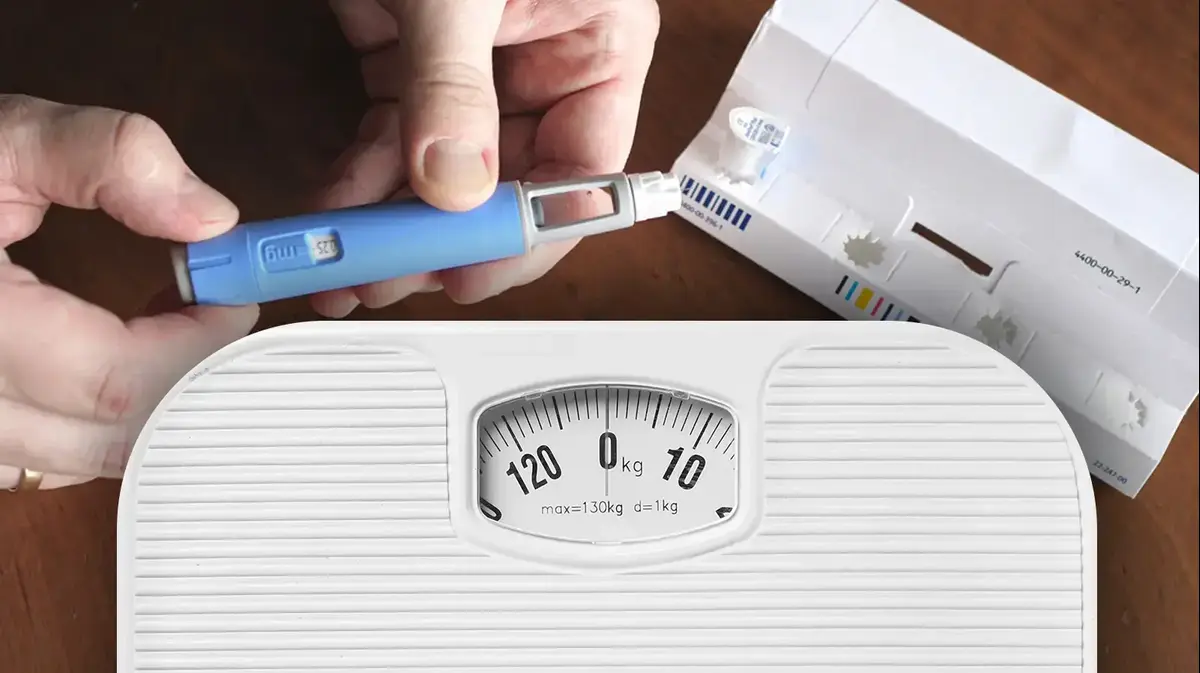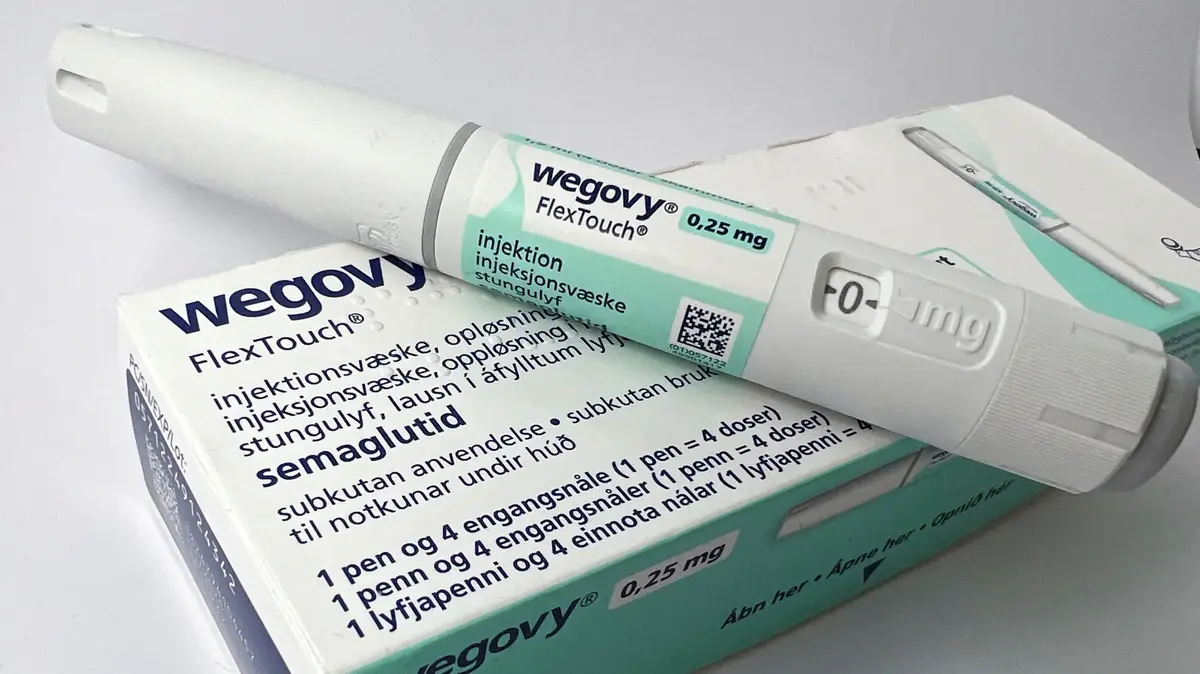health
news
Does the treatment considered effective against corona not work at all?
Plasma of recoverers is considered one of the effective treatments against corona, or so we thought.
Extensive research claims that corona recovering plasma is ineffective for critically ill patients.
So who can benefit from the treatment?
Tags
Corona
Corona virus
covid-19
Walla!
health
Monday, 26 October 2020, 00:01
Share on Facebook
Share on WhatsApp
Share on general
Share on general
Share on Twitter
Share on Email
0 comments
Gamzo in the Knesset: The isolation will be shortened to 12 existing days ...
Gal Bitchi
Trump's doctor: "His condition is very good and improving" 3.10.20
Bennett v. Netanyahu: Loss of Public Trust in Government - Because ...
Trump returns to the Oval Office even though he has not yet recovered: "The corona -...
Netanyahu in the Knesset: If the number of patients increases, we will tighten the closure ...
12 corona cases were discovered in Qingdao city in China, so every 9 ...
The mythological teacher Rafi Hamawi who died from Corona read ...
Head of Public Health Services: Kindergartens will not open ...
First in Europe: Ireland enters the second closure on 20.10.20
3D simulation of the scattering of 'Corona clouds' - a droplet and aerosol spray emitted by a cough inside an enclosed space (Meteorological Institute of Finland, Alto University, VTT and the University of Helsinki)
In recent months we have heard more and more reports of coronary heart disease plasma treatment for severe patients infected with COVID-19.
Despite the optimism, a new comprehensive study conducted in India showed that COVID-19 patients who received plasma were actually not at a lower risk of dying from the disease.
The study, published in the prestigious journal BMJ, included 464 people with COVID-19 in moderate condition, with oxygen levels (sturgeon) of 93 percent or less - the criterion most doctors use to determine whether they should hospitalize people infected with corona.
Efrana Mukraji, an epidemiologist at the Indian Medical Research Council, noted that patients in her study would probably be considered severe blues in other countries, as the definitions of the disease are very different around the world.
In Israel, by the way, such patients are defined as severe blues.
More on Walla!
NEWS
Is the blood of people who have recovered from corona the cure for the virus?
To the full article
After arriving at the hospital, some of the patients in the study received two doses of plasma from people who had recovered from the disease and donated their blood rich in immune cells.
These patients were compared to those treated with standard treatment, who acted as a control group (but did not receive a placebo infusion).
Both groups had similar mortality rates after 28 days.
More on Walla!
NEWS
Is it safe to go to the doctor in the days of Corona?
How does corona treatment approved tonight in the US work?
The perfect time to get ready for next summer: the gel that raises the stretch marks
"This study had a large sample size and showed that injecting plasma into patients who had COVID-19 in moderate condition did not reduce mortality or progression to more severe disease," Mukherjee told TIME.
Effective or not?
Depending on the patient's condition.
Plasma donor (Photo: shutterstock)
The results add to the ongoing discussion of how beneficial a recovering plasma is as a COVID-19 treatment.
It may be an innovative treatment for us, but the truth is that recovering plasma is a common treatment for patients with infectious diseases, based on the idea that people who are naturally infected and have recovered can provide the necessary immune cells to fight off the virus or bacterium in question.
But because people's immune systems vary greatly and the volume of disease-fighting cells is also unpredictable, the results of studies contradict treatment efficacy, including in this study, which used plasma donated from people who were sick for an average of six days with what the authors describe as a 'mild disease'.
For whom is plasma effective?
Two other international studies have also failed to find a benefit of plasma for recovery, but these were discontinued early because too few eligible patients were enrolled.
Other smaller studies were more encouraging, so the U.S. Food and Drug Administration (FDA) has issued an emergency use permit for August treatment that allows physicians to treat patients with plasma. These ongoing studies compare people who receive the plasma to those who received a placebo, and may provide more compelling data on whether plasma can To help COVID-19 patients or not.
Because plasma treatment of recoverers serves as a substitute in the bodies of those who have not yet produced antibodies themselves, and may never develop sufficient antibodies - plasma may be more effective in treating recently infected patients, and not in patients whose condition has deteriorated. Ongoing studies are also examining this possibility, and Muharraji agrees that it is worthwhile to further investigate the issue.
Her research findings may even indicate the use of plasma in patients who are too ill to benefit from treatment. "The leading cause of COVID-19 mortality is pneumonia. And to other organ failures, "she says." While the body's response to a virus infection creates the inflammation, it is not controlled by the virus.
So even when the virus is neutralized, the inflammation continues.
Therefore, there is a hypothesis that the plasma may work in the very early stages of the disease and can prevent the onset of inflammation and deterioration of the condition. "
Share on Facebook
Share on WhatsApp
Share on general
Share on general
Share on Twitter
Share on Email
0 comments














